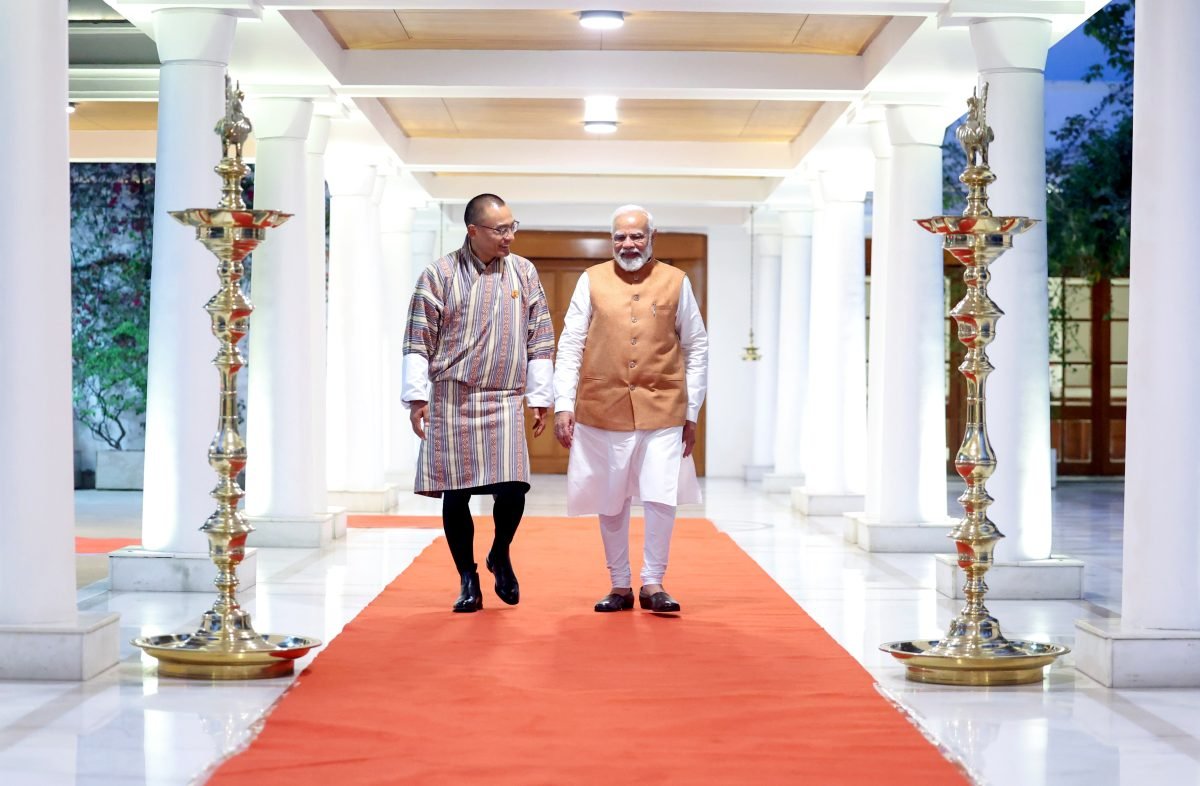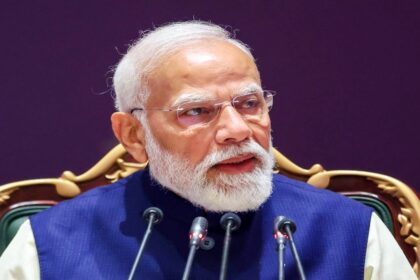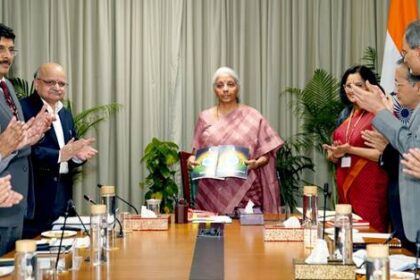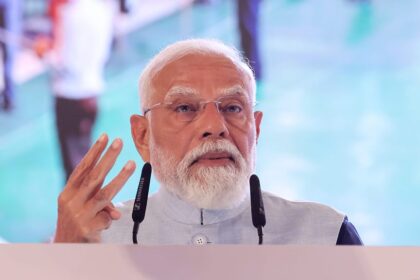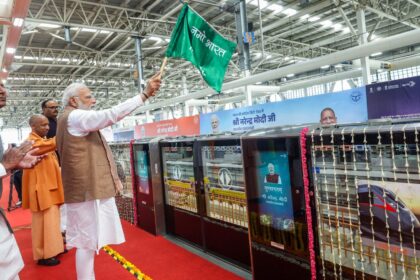As Prime Minister Narendra Modi prepares to visit Bhutan this week, the stage is set for further strengthening the multifaceted cooperation between the two neighboring nations across various sectors. India and Bhutan share a unique and exemplary bilateral relationship founded on mutual trust, goodwill, and understanding.
Formal diplomatic ties between the two countries were established in 1968, with the cornerstone being the Treaty of Friendship and Cooperation signed in 1949, and subsequently renewed in February 2007. Over the years, high-level exchanges have played a pivotal role in nurturing the strong bond between India and Bhutan. King of Bhutan, Jigme Khesar Namgyel Wangchuck, has made several visits to India, underscoring the close ties between the two nations. His last visit to India was in November 2023.
Similarly, PM Modi’s visit to Bhutan in August 2019 marked a significant milestone, with the launch of major bilateral projects aimed at bolstering economic cooperation and connectivity.
The economic partnership between India and Bhutan has flourished over the years, driven by the India-Bhutan Agreement on Trade, Commerce, and Transit. This agreement, first signed in 1972 and revised multiple times, has facilitated a free trade regime between the two countries, promoting bilateral trade and economic growth. India stands as Bhutan’s top trade partner, both in terms of imports and exports.
The bilateral trade volume has seen a significant surge, reaching INR 11,178 crores in 2022, showcasing the robust economic engagement between the two nations. India’s investments in Bhutan span various sectors, including banking, manufacturing, electricity generation, and IT services, contributing to Bhutan’s socio-economic development and fostering closer economic integration.
India has been a steadfast development partner for Bhutan, extending economic assistance to support its socio-economic progress since the 1960s. India’s contribution to Bhutan’s 12th Five Year Plan, amounting to Rs 5000 Cr., underscores its commitment to supporting Bhutan’s developmental aspirations.
The focus areas of India’s assistance include agriculture, ICT, healthcare, infrastructure development, and human resource capacity building. With over 83 large and intermediate projects and 524 Small Development Projects in various stages of implementation, India’s developmental footprint in Bhutan continues to grow, reinforcing the strategic partnership between the two nations.
Hydropower cooperation remains a cornerstone of bilateral economic cooperation between India and Bhutan. Bhutan’s hydro-power potential has been harnessed through mutually beneficial partnerships, contributing significantly to its socio-economic development.
With several hydroelectric projects operational and others in various stages of implementation, India has played a pivotal role in supporting Bhutan’s energy security objectives. The commissioning of projects like the Mangdechhu Hydroelectric Project and the ongoing collaboration in the hydro-power sector underscores the shared commitment to sustainable energy development and regional cooperation.
The educational and cultural ties between India and Bhutan are integral to their bilateral relations. India has been a key destination for Bhutanese students seeking higher education, with over 1000 scholarships provided annually by the Government of India.
Additionally, cultural exchanges and initiatives under the India-Bhutan Foundation have strengthened people-to-people ties, fostering greater understanding and collaboration between the two societies.
The Nehru Wangchuck Scholarship Scheme, ICCR Scholarships, and ITEC program have further facilitated skill development and capacity building in Bhutan, reflecting India’s commitment to nurturing human capital and fostering educational excellence in the region.
In addition to traditional areas of cooperation, India and Bhutan are exploring new avenues for collaboration, including digital initiatives, space cooperation, and technology partnerships. Projects like ‘Digital Drukyul’ and the joint development of satellites reflect the commitment to harnessing technology for mutual benefit and socio-economic progress. The interoperability of flagship projects like RuPay and the BHIM app demonstrates the evolving nature of the bilateral relationship, with a focus on leveraging digital innovations for inclusive growth and development.
Recent developments, including progress on rail connectivity links and the establishment of Integrated Check Posts, underscore the commitment to enhancing trade and connectivity between India and Bhutan. Financial linkages, youth empowerment initiatives, and skill development programs further highlight the comprehensive nature of the bilateral partnership, aimed at fostering sustainable development and prosperity in Bhutan.

